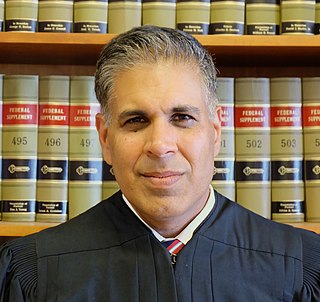A Quote by Jon Lovett
Regardless of how lyrical or rhetorically gifted they are in conveying big ideas, any candidate can do a good job of giving a speech if the goal of a speech is more than just delivering it well but achieving some end, whether it's convincing people of some issue or persuading them about you as a person.
Related Quotes
In the US, voters cast ballots for individual candidates who are not bound to any party program except rhetorically, and not always then. Some Republicans are more liberal than some Democrats, some libertarians are more radical than some socialists, and many local candidates run without any party identification. No American citizen can vote intelligently without knowledge of the ideas, political background, and commitments of each individual candidate.
To me, freedom of speech and debate are necessary inputs in solving any of our nation's problems, from homelessness and economic inequality to banking, the environment, and national security. Freedom of speech is what Larry Lessig would call a 'root' issue; working on free speech is striking at a root issue.
Because of the free speech clause in the First Amendment, which is very clear, "The government shall make no law abridging freedom of speech," and it literally is about political speech. You can say anything you want about politics, a candidate, and the government cannot stop you. And the Democrats hate that.
I don't particularly care about having [my characters] talk realistically, that doesn't mean very much to me. Actually, a lot of people speak more articulately than some critics think, but before the 20th century it really didn't occur to many writers that their language had to be the language of everyday speech. When Wordsworth first considered that in poetry, it was considered very much of a shocker. And although I'm delighted to have things in ordinary speech, it's not what I'm trying to perform myself at all: I want my characters to get their ideas across, and I want them to be articulate.
When you're writing a book that is going to be a narrative with characters and events, you're walking very close to fiction, since you're using some of the methods of fiction writing. You're lying, but some of the details may well come from your general recollection rather than from the particular scene. In the end it comes down to the readers. If they believe you, you're OK. A memoirist is really like any other con man; if he's convincing, he's home. If he isn't, it doesn't really matter whether it happened, he hasn't succeeded in making it feel convincing.
Free speech is important whether you like what's being said or not. The reason why it's so important is that the entire spectrum of ideas needs to be heard so that the best ones are embraced and rise to the top. If you're a liberal and don't like conservative speech and you try to stifle that conservative speech, you need to be prepared for your own progressive speech to be stifled when the power shifts out of your favor.



































